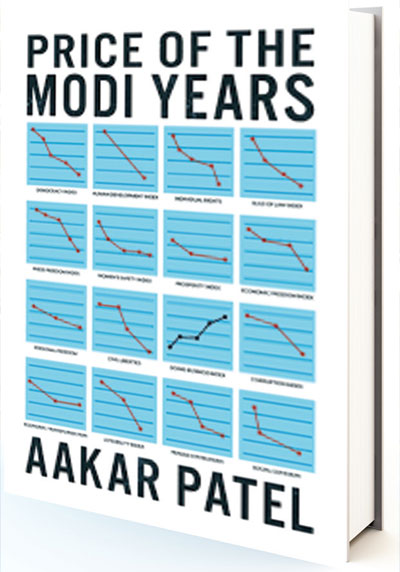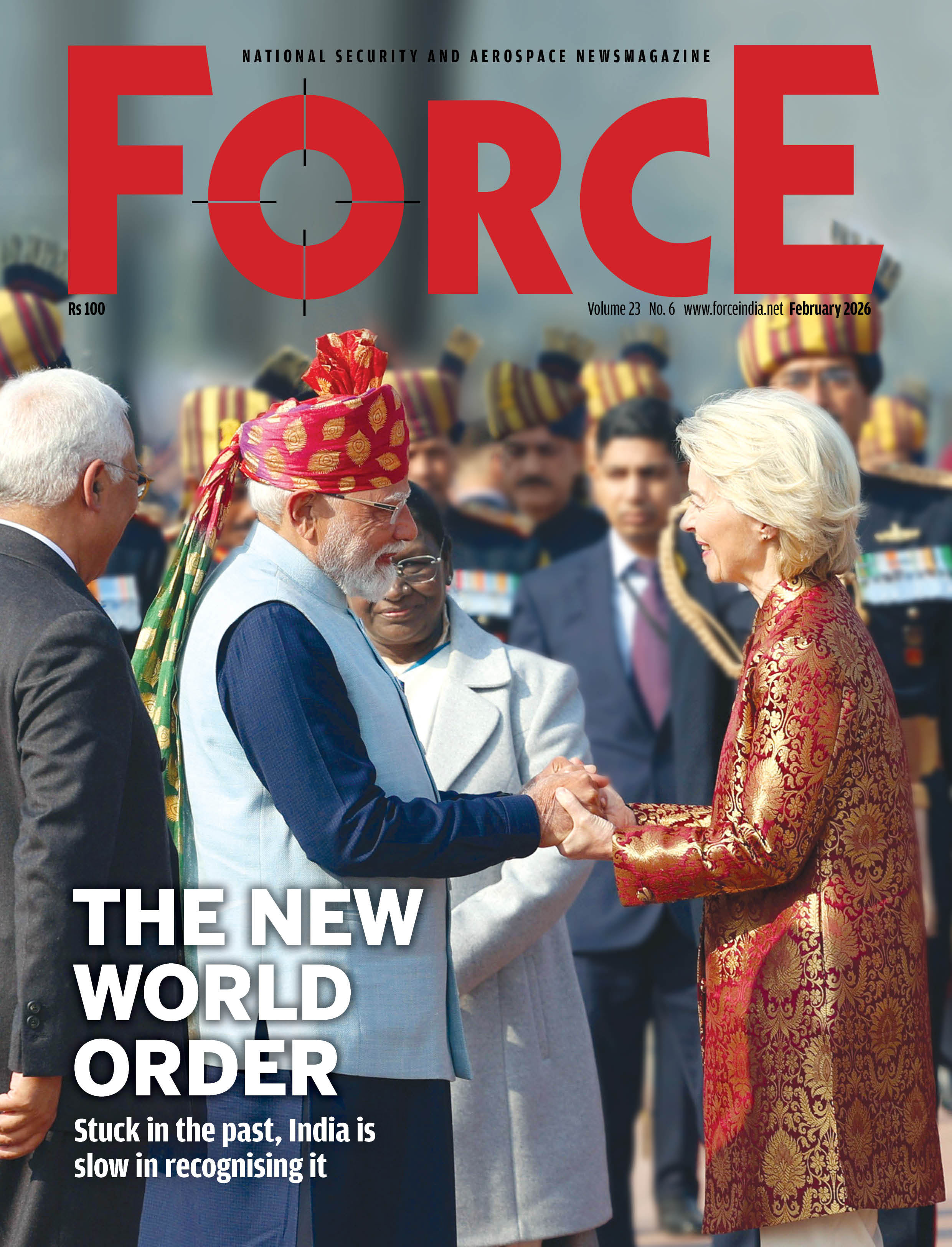A Doctrine of Diminishing Returns
How the Modi government compromised India’s national security. An extract
On the face of it, national security is the most important aspect of government, according to the BJP—at least it was in 2019. In the election manifesto of that year, Amit Shah wrote: ‘Friends, this election is not merely to elect a government, it is an election to ensure the country’s national security.’
Both Modi manifestos carried the statements ‘Nation First’ and ‘India First’ which were apparently axiomatic. Did ‘India’ mean its people or its territory or something else? And what did ‘first’ mean? Ahead of what or whom and at the expense of what? All that was assumed to be understood by voters and left unexplained.
The first point of the 2019 manifesto was ‘zero tolerance approach to terrorism’. It claimed, ‘Modi has fundamentally altered the national security paradigm of India in the last five years.’
The confident tone continued: ‘India is now in a position to adopt an independent stand on national security, to successfully strive to strengthen our armed forces and to lead the world in various spheres. In the field of space too, India has emerged as a global power.’ (It was unclear how and when Indian became a global power in space, given that it had not even put a man into orbit unlike the USSR, US, Russia, China and the private firm, SpaceX.)
Shah added: ‘Our security doctrine will be guided by our national security interest only. This is exemplified by the Surgical Strikes and the air strikes carried out recently. We will continue our policy of “Zero Tolerance” against terrorism and extremism and will continue to follow our policy of giving a free hand to our security forces in combating terrorism.’
The belief was that Modi’s ordering of these two attacks in September 2016 and February 2019 had ‘fundamentally altered the national security paradigm of India.’
To what extent was this true?
To understand the background to this we have to look at what is called the Doval Doctrine. This is not a written text and has never been articulated in a book. This is because India doesn’t have
Subscribe To Force
Fuel Fearless Journalism with Your Yearly Subscription
SUBSCRIBE NOW
We don’t tell you how to do your job…
But we put the environment in which you do your job in perspective, so that when you step out you do so with the complete picture.









 VIDEO
VIDEO